Ask any schoolchild when the civil rights movement took place and she will likely tell you it was in the 1960s. Recent events have made us wonder what we can do to re-create a similar sense of urgency about the civil rights at issue today. Although the challenges we are facing today differ greatly from those of yesteryear, how do we get people to think about civil rights in the 21st century? There are so many areas where we still have work to do — challenges facing the LGBT communities, immigrant rights, human trafficking — not to mention ingrained and ongoing racism and other bigotry. And there are new ways in which we are challenged by new technology — the anonymity of hate on the Internet, how much more ubiquitous (and permanent) cyberbullying is than real-time bullying ever was.
As we look back, we are struck by the successes of the civil rights movement in the 1960s. Certainly we didn’t have better race relations or communications systems in place 50 years ago. Yet enormous strides have been made — the Civil Rights Acts, case law against discrimination and, more recently, hate-crimes legislation — even when public opinion was not there. What were the keys to the success of the movement then, and how can we regain that type of momentum now? One factor was a sense that there was a coalition among diverse groups all working toward the same goal. As Martin Luther King Jr. famously said: “We may have all come on different ships, but we’re in the same boat now.” There is no escaping the fact that civil rights groups and community organizations must work together to combat lingering racial and social injustice. The U.S. Attorney’s Office in Los Angeles has reopened the civil rights division. The Anti-Defamation League, celebrating its centennial this year, has launched a campaign,o “Imagine a World Without Hate.” The Urban League of Greater Los Angeles works with schools and nonprofit organizations to reduce dropout rates in area schools. While these and more are certainly good examples of this happening, there are too many cases in which polarization — of our communities, our politics and our media — has led us away from rather than toward each other.
The Zimmerman case gave rise to discussions about racial disparity and stereotyping of African-American males. According to a Pew Research Center poll on the racial divide over the George Zimmerman verdict, 86 percent of African-Americans that were surveyed felt dissatisfied with the verdict of the Zimmerman trial, while only 30 percent of whites reported feeling dissatisfied with the verdict. Many commentators remarked on race relations during and after the Zimmerman case, but sadly some turned inward to fight the battle instead of building bridges.
Some groups and self-appointed leaders organizing in the wake of the tragedy employed rhetoric that demonized and marginalized other communities rather than uniting and mobilizing them. The New Black Panther Party offered a $10,000 bounty for the capture of Zimmerman and called for the mobilization of 10,000 black men to capture him. When one of its leaders, Mikhail Muhammad, was asked if he was inciting violence, he simply said, “An eye for an eye, a tooth for a tooth.” Their Florida representative called Zimmerman “a wicked white beast” and claimed “his father is a Jew; he’s a no-good Jew.”
In Lancaster, there was a community prayer and call to action. One of the speakers, Stan Muhammad, spoke as a community leader and city commissioner in calling for the creation of the Antelope Valley Youth Ambassadors for Peace. In his speech, he made a reference to certain rap artists being “faggots” who “have sold their soul to the devil [and are] being paid by the Synagogue of Satan to keep our people deaf, dumb and blind.” Granted, he apologized when people reacted immediately and with outrage, but only for his use of the term “faggots.” In trying to explain, he clarified that he was referring to rap artists who “have made a deal with the Synagogue of Satan and the deal is this: You put out what I tell you to put out because I do not want your people conscious.” The “Synagogue of Satan” is a reference to a Nation of Islam conspiracy theory that assumes that the world is being manipulated and corrupted by Satanic powers led by Jewish elites.
It is not only members of the African-American community who have jumped to bigoted conclusions in the very context of addressing civil rights and other matters affecting the community. Pamela Geller, co-founder of American Freedom Defense Initiative and Stop Islamization of America, has utilized Islamophobic vitriol in the name of coming to Israel’s defense. Her 2012 campaign of bus advertisements included one that read: “In any war between the civilized man and the savage, support the civilized man. Support Israel. Defeat Jihad.” More recently, Geller’s group promoted an 18-point platform about stopping Muslim immigration into countries that do not have Muslim majorities.
Perhaps our 24-hour news cycle and the multitude of information options have contributed to a system that rewards brevity, not mindfulness. Sound bites prevail over dialogue. In some cases, self-interest trumps altruism.
But if we are successful in couching our 21st century challenges in a comparable framework of the civil rights movement, we must take our time, choose our words, and join forces to foster inclusiveness and mutual respect among communities of all kinds.
Our communities are facing difficult, tense and painful experiences, and we are not wrong for feeling prey to ongoing racism and bigotry. However, in order to productively and effectively respond to these persistent civil rights issues, as leaders we must denounce radical hate-mongering rhetoric and reach across racial and religious lines to unite in the fight against bigotry. The Urban League must stand up to anti-Semitism in radicalized African-American leaders just as the Anti-Defamation League stands up to Islamophobia in Jewish leaders. We must not forget the lessons learned from the 20th century civil rights movement as we forge our way in these complicated, polarized, high-speed times.
Amanda Susskind is the regional director of the Anti-Defamation League’s Pacific Southwest Region. Nolan Rollins is the president and CEO of the Urban League of Greater Los Angeles.









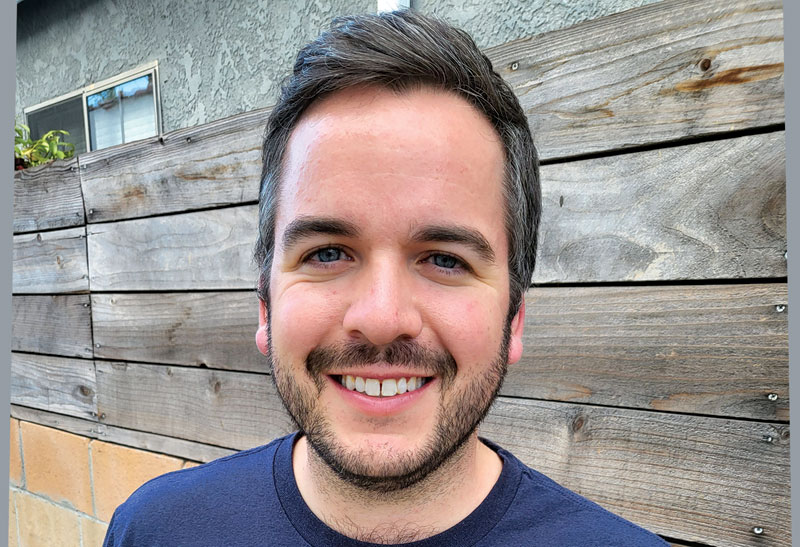
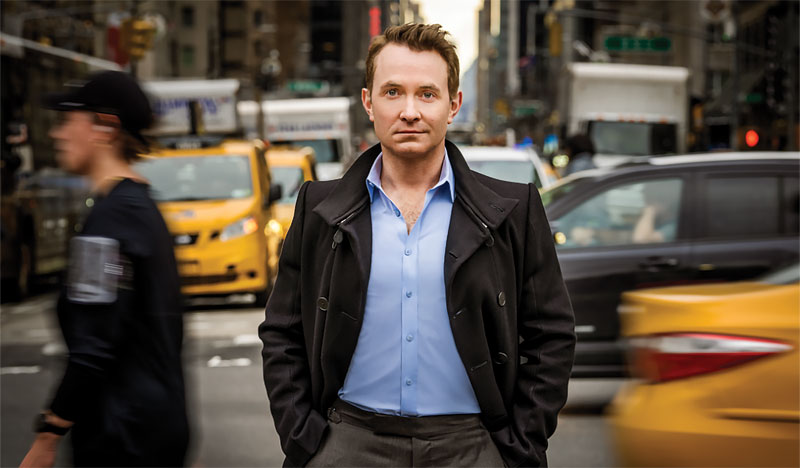

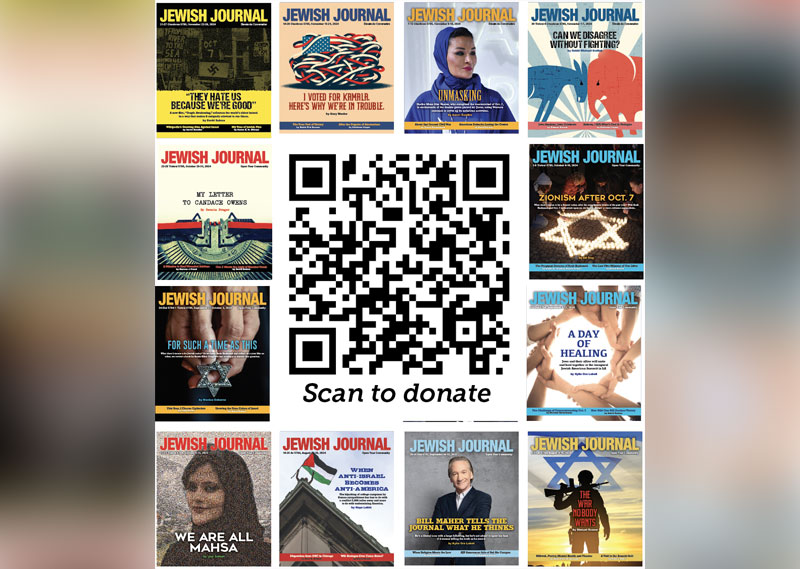
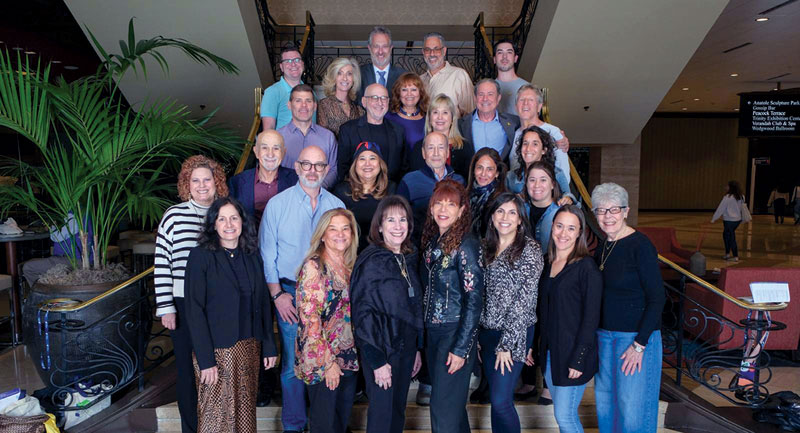
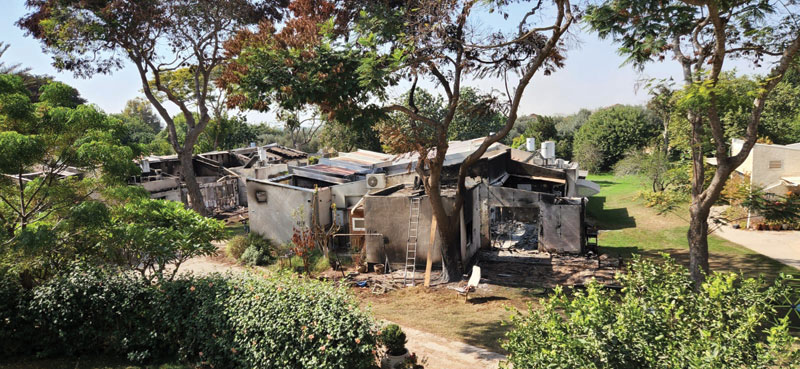
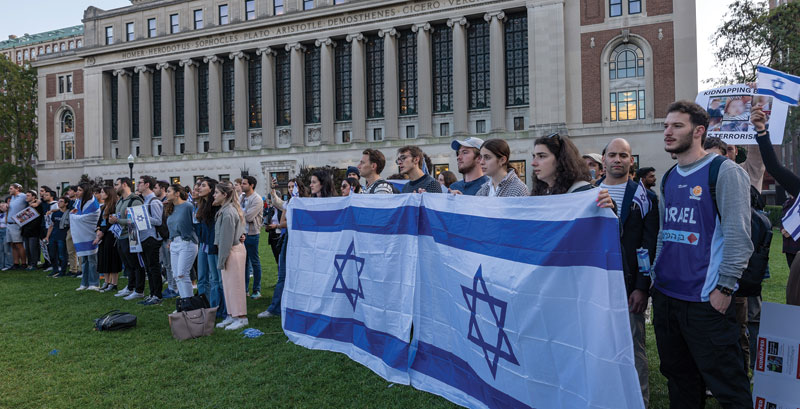






 More news and opinions than at a Shabbat dinner, right in your inbox.
More news and opinions than at a Shabbat dinner, right in your inbox.